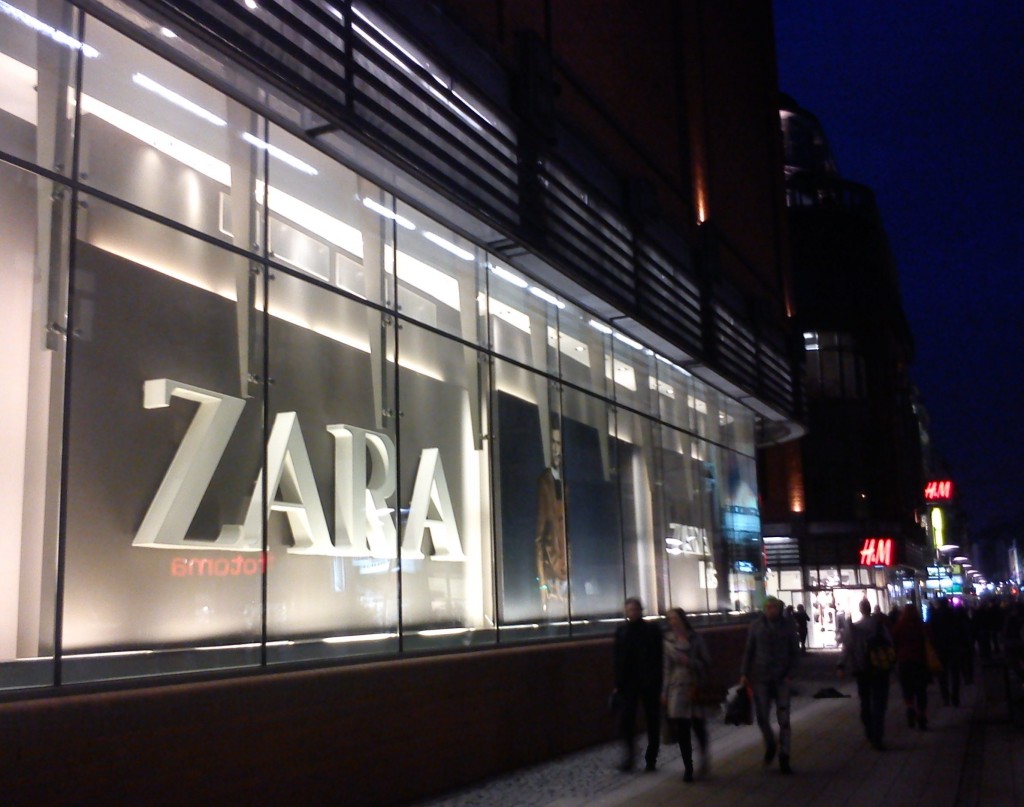In an era where technology is at its peak, businesses can no longer hide behind their reputations, their numbers and actions are more prone to questions than ever before. And with the general acceptance that a business is a community within itself, its actions are of utmost importance in order to thrive in the market.
This point can be illustrated through a comparison of two large conglomerates; Starbucks and Zara, both companies have a high market and brand value.
 Starbucks, albeit the over hyped and overpriced coffee still factors in the cause of sustainability and environmental protection by using recycled cups and encouraging customers to bring their own cups at a discount of 10 cents. Apart from being Eco friendly, Starbucks promotes a healthy working environment for its employees through the provision of health benefit plans which in the future will lead to greater customer satisfaction.
Starbucks, albeit the over hyped and overpriced coffee still factors in the cause of sustainability and environmental protection by using recycled cups and encouraging customers to bring their own cups at a discount of 10 cents. Apart from being Eco friendly, Starbucks promotes a healthy working environment for its employees through the provision of health benefit plans which in the future will lead to greater customer satisfaction.
However on the other end of the spectrum is Zara. A fashion company based out of Spain. While Zara’s products may trend among the masses, the business faced huge losses over the breakdown of one of their warehouses in Bangladesh, where many innocent lives were lost and it was further revealed that working conditions in the warehouse was below par. This not only put Zara back in terms of its financial situation (legal costs etc) but cast a grey cloud over the reputation of the company, something which can make or break a firm; or even an industry.
In conclusion, while in theory “businesses” are artificial entities who owe nothing to society, it must be noted that a business solely exists through the people that are connected to it. And so vicariously, a business does owe society and this debt can only be exhausted though ethical practices on part of the business itself. And so it can be said that the lifeline of a business is tethered to how well it treats the society that has fostered its growth; a businesses relationship with its community should be symbiotic, not parasitic.





Anonymous
September 17, 2015 — 5:02 am